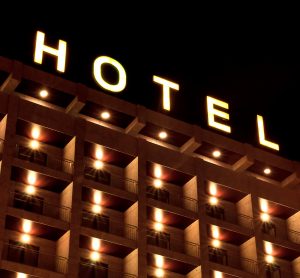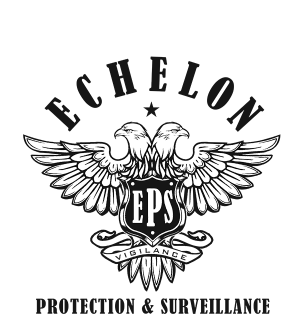By: Stuart J. Visnov, Chief Executive Officer, Echelon Protection & Surveillance
Word count: 498

After the recent Mandalay Bay hotel terrorism attack in Las Vegas, hotel owners, managers and their security teams are forced to take stock of their procedures and security protocols. For the most part, experts agree that given the conditions in place at the Mandalay Bay at the time of the incident, there was probably nothing that could have been done to prevent the tragedy from happening from a security protocol perspective. Nonetheless, the event has opened up the discussion, and a wide variety of ideas are being floated, from metal detectors and bag checks to bomb sniffing dogs.
Of course, for reasons of security, hotel spokespersons are reluctant to discuss any specific tactics, nor are they willing to publicly announce that they are “more secure” than other hotels for fear of a potential attacker considering that to be a challenge or a dare. However, most experts agree that a visible presence of additional security guards can certainly help. At the very least, it will help guests feel more secure and it may possibly deter a would-be attacker.
The American Hotel & Lodging Association (AHLA), the industry’s main trade association, offers assistance and education on best practices for hotel security. Katherine Lugar, president and CEO of the AHLA said in a recent written statement.
“Hotels have safety and security procedures in place that are regularly reviewed, tested and updated, as are their emergency response procedures…As we better understand the facts in the coming days, we will continue to work with law enforcement to evaluate these measures.1”
Guests should expect hotels to be testing new procedures in the coming months, especially as the holidays approach. More robust surveillance systems are likely and some hotels are considering the possibility of X-ray machines and scanning equipment, but since hotel guests are paying a premium, in part for privacy, this will be a difficult tactic to implement.
That said, it may still be the best option. In countries where hotel attacks have occurred before, tougher and even invasive security procedures are regularly in use. Trace explosive detectors, baggage scanners and even facial recognition systems are in use in hotels on India, Israel and Egypt.
Security teams, training and overall risk are often based on the size and type of hospitality venue. At smaller hotels, security is often minimal, but this will have to change if industry participants no longer want to be regarded as “soft targets.” Training staff will be a key element of success, and everyone from hotel cleaning crews to the front desk personnel will need to be trained in spotting anomalies and warning signs.
Certainly, the hospitality industry on the whole has been slow to embrace stricter security measures for fear of alienating guests. But as we get used to longer lines at the airport, cameras on every street corner, and police officers with long guns, we may have to adjust our expectations when we check into our favorite hotels for the sake of safety, security and peace of mind.
1Source: New York Times; Oct 11, 2017 “Las Vegas Shooting Underscores Hotel Security Choices”


